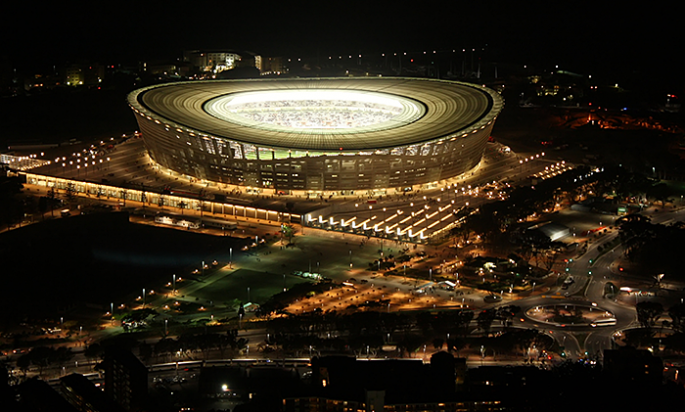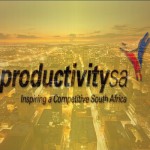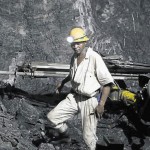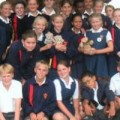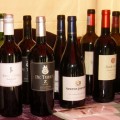Johannesburg – Almost three years after hosting the 2010 FIFA World Cup, South Africans continue to benefit from the tournament’s legacy projects, SASCOC President Gideon Sam said on Thursday.
“It’s a great achievement… do yourself a favour and tour the country and you will see what I’m talking about. You go to our airports, the roads are there and we now move on and plan how we can use this to the benefit of the country,” Sam said.
He was speaking at a seminar to discuss the success and legacy of hosting the tournament in South Africa. The event was also used to release to the public a government report entitled ‘2010 FIFA World Cup Country Report’.
“We need to convince the country and the world that this is what we have done and it’s what we can do. It was not one of the easiest. Let’s put our heads together and see whether we can use that experience to set some of the objectives we are setting ourselves as a nation,” said Sam.
In November last year, Cabinet approved government’s report on hosting the tournament which details the state’s involvement in delivering the largest sporting showpiece.
According to the report, as of February 2008, government contributions to World Cup related projects was R28 billion, with the biggest portion of the money going to transport followed by stadia, broadcast and telecommunications. More than 20 000 jobs were created for the construction of the stadia.
The report further states that the World Cup had left an “intangible legacy” of pride and unity among South Africans and had boosted the country’s image internationally.
A post-tournament study conducted by football body FIFA on SA residents and international fans revealed that 91% of people interview believed the event united the people of South Africa, while 94% said the tournament would strengthen tourism. About 92% of international fans, who participated in the survey, said they would recommend SA to friends and relatives, with 96% saying they would visit SA again.
Figures show that nearly 310 000 foreign visitors arrived in South Africa for the primary purpose of attending the tournament. They together spent just over R3 billion, with an average length of stay of 10 nights.
Businessman and soccer administrator Irvin Khoza, who chaired the Local Organising Committee, said: “The 2010 World Cup was in indeed the tournament for all South Africans irrespective of political affiliation, race gender or creed… Our people came out and supported out country. The buzz that was to engulf our people transcended all barriers…” – SAnews.gov.za
